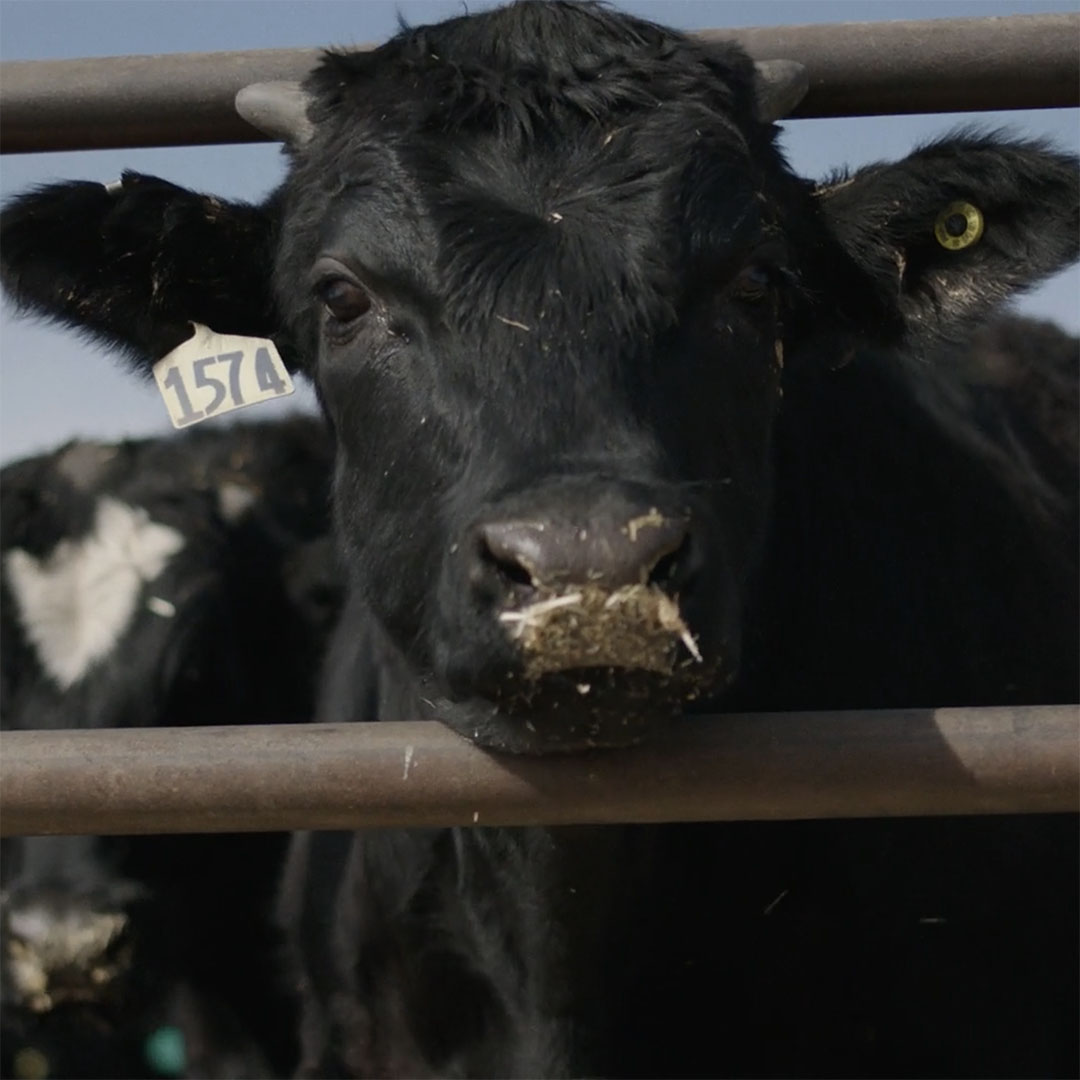Direct emissions from global livestock are 5% of total greenhouse gas emissions, comprised primarily of methane and nitrous oxide. As a byproduct of their digestion, cattle belch methane, which is a short-lived but potent heat trapping gas. The Canadian beef industry has set a target to reduce primary production GHG’s by 33 per cent, part of which is a reduction in methane. Strategies like increasing feed efficiency with both management and additives will help achieve this goal. Synergraze Inc. is developing a feed additive for cattle that is capable of reducing methane emissions from cattle by up to 90 per cent. They are developing a land-based tank facility to produce and process a strain of red algae into a cattle feed additive that nearly eliminates methane emissions from cattle. The project is forecasted to reduce 68,400 tonnes of GHG’s per year. ERA committed $5 million to the $15 million project through its Food, Farming and Forestry Challenge, a $33 million funding competition that supported 17 projects worth a combined value of $107 million.
